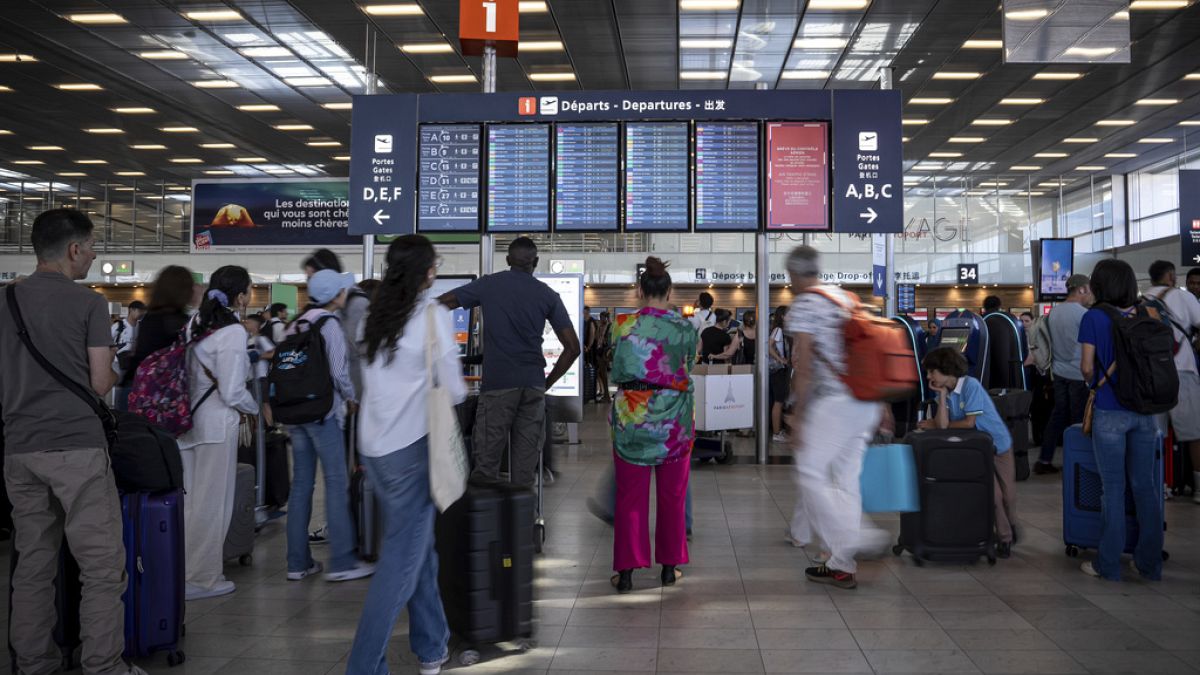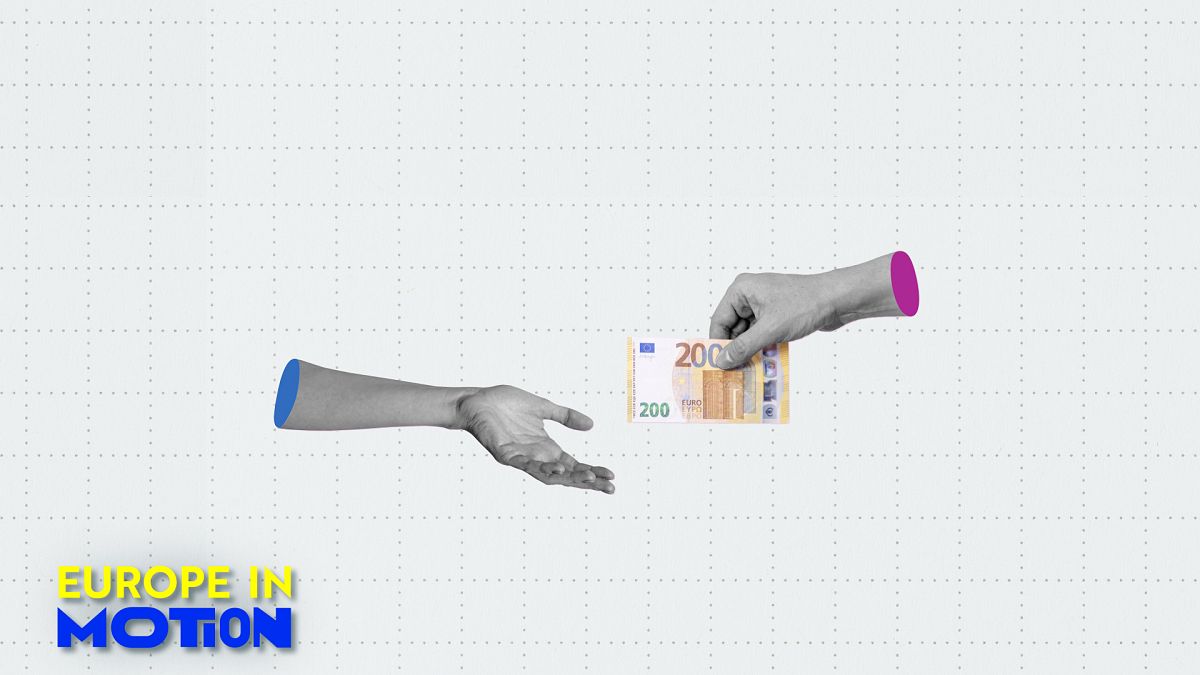ADVERTISEMENT
Europe’s 23 million small and medium businesses (SMEs) represent 99% of all companies on the continent and provide around three-quarters of jobs.
But the backbone of the continent’s economy is also highly vulnerable to cyber attacks.
Thousands of SMEs are holding back from expanding due to fears of being targeted.
Where in Europe are SMEs targeted the most by cyber attacks?
One in four European SME business owners has been targeted by cyber scammers, according to a recent research in 18 countries by Mastercard.
Ireland (38%), Denmark (35%), and France (29%) reported the highest rates.
Overall, more than one in ten (11%) of entrepreneurs have lost money to scams, while 9% lost customers after being targeted.
And the impact is wider than it seems; 42% of business owners say they know other entrepreneurs who fell into the trap.
Hacking and malware ranked jointly (32%) as the most common form of attack suffered by SMEs, with phishing following second (31%), according to research on around 5,000 SMEs.
Growth drag: Slovak and Polish businesses avoid expanding
This risk holds back nearly half of SMEs from expanding their companies (49%). This is particularly the case in Slovakia (80%), Poland (79%), Spain (68%), Norway (64%), France (62%), and the Czech Republic (59%).
A quarter fear that a cyberattack may force them to shut down entirely.
Meanwhile, 67% say they must improve their understanding of cybersecurity—a sentiment strongest in Ireland (83%), Poland (82%), and Portugal (79%).
Gen Z entrepreneurs are the most concerned: 36% of them worry about cybercrime daily, compared to 27% of Millennials and 25% of boomers.
Read the full article here















